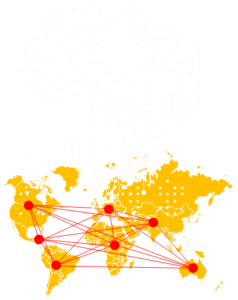
Welcome to the SHARE initiative
Swarm learning for Hereditary cAncer REsearch
Our Mission
Our mission is to advance the field of hereditary tumor diseases to a higher level on the global stage. However, progress has been limited by the scarcity of data and the prevalence of selection bias. Sharing data has been challenging due to regulatory and legal obstacles, as well as concerns over data ownership and privacy.
To overcome these challenges, we are committed to promoting a culture of data sharing and collaboration. We believe that by pooling our resources and expertise, we can overcome the limitations of small data sets and selection bias, and generate new insights into hereditary tumor diseases. By working together, we can accelerate progress and make a meaningful impact on the lives of patients and families affected by these conditions.
To this end, we established the SHARE (Swarm learning for Hereditary cAncer REsearch) initiative:
Our Approach
To overcome such limitations, Swarm Learning (SL) has been developed (Warnat-Herresthal et al., Nature 2021). SL is a fully decentralized machine learning principle to facilitate the integration of data from several sites under full consideration of data privacy regulations. Conceptually, SL is a decentralized approach to train a joint machine learning model through parameter sharing while keeping private patient data safe locally. Every participating site is a node in the Swarm network and participates in the model training with local data. Data security, confidentiality and sovereignty are ensured through private permissioned blockchain technology. New nodes can enter the Swarm network via a blockchain smart contract, regulating the conditions for Swarm network membership in a fully automated electronic fashion. New Swarm members agree to the collaboration terms, obtain the model and perform local training until joint training goals have been reached. This approach offers new opportunities to overcome the limitations for collaborative sciences as several research sites may easily join forces to tackle the same research question but with much larger data available for analysis without sharing primary data between sites (Schultze et al., Nat Rev Immunol. 2022).
Who We Are
We are an international group of clinicians, human geneticists, epidemiologists, pathologists, immunologists, and data scientists who are interested in various aspects of hereditary gastrointestinal tumor syndromes. Our shared goal is to improve our understanding of these conditions in order to provide better care for affected patients and their families. A list of the participating centers can be found here.
Focus Areas
All representatives of patient support groups as well as all scientists, clinicians and clinician scientists with an interest in hereditary gastrointestinal cancer syndromes are cordially invited to actively participate in our initiative. Just contact us: info@share-initiative.org
Yes. Each partner can propose joint projects. A joint decision is then made as to whether there is a sufficient number of interested groups with an appropriate data set size to address the question in the swarm.
No. For each project, participation and arrangements are discussed separately within the collaborators.
The Swarm Learning approach eliminates the need to share datasets or biospecimens, so each partner in the initiative retains full sovereignty over their data and full data protection is ensured.



